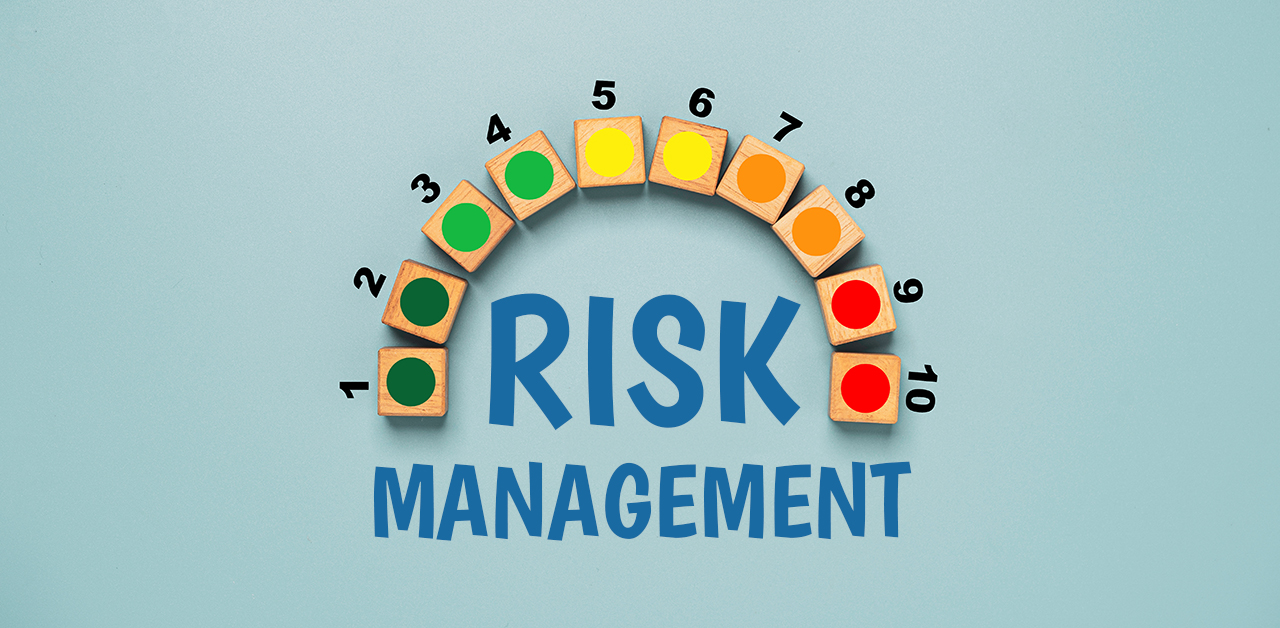Generational evolution is a fascinating thing to witness. There are currently
eight distinct generations researchers largely agree upon within the post-industrial revolution era of the United States. Each has played its own idiosyncratic role in shaping the current social, economic, and political climate.Among these generations are the recently christened, endlessly buzzed about members of Generation Y, a.k.a. Millennials. This demographic has received sensationalized press coverage. The term “Millennial” itself is almost
an insult. The demographic has received its fair share of negative coverage. Journalists and analysts associate Millennials with an array of unsavory characteristics. Lazy, self-absorbed, entitled, and materialistic are some of the descriptions that frequently surface in the press. This abets the silent judgement of the average twenty-something smartphone user in the public eye.
Questioning the Millennial stereotype
Lately, people have begun asking why there is so much venom and pigeonholing directed toward millennials, and how the term became so offensive. Many have pointed at technology and its collective influence. They argue that it’s not Millennials themselves who are to blame for popularizing selfies and the Kardashians. Rather, the newly emerging climate of widely-accessible technology has entitled everyone to waste time on electronic devices regardless of age.However, Millennials are taking technology and running with it for far more productive causes than their predecessors. They’ve entered adulthood in a world that can’t sustain the abuse it receives from human excess. Millennials see that they are the ones with the power to reverse the damage, and it
appears that’s what they hope to do.
Millennials are shifting the paradigm
One trait that seems to rub older onlookers the wrong way is the strong aversion to the status quo that the Millennial generation unapologetically displays. Suddenly, this latest population of emerging business leaders, professionals, and influencers are turning a lot of common complacencies and beliefs on their head. They are
statistically more distrustful of authorities, corporations, and marketers than the generations that came before them. They don’t blindly accept the state of the world that has been handed to them, and are anything but apathetic, however idealistic they may seem in the approach.Many Millennials are making practical demands for progress that incorporate technological innovation and
simple lifestyle changes they themselves are willing to adopt. They are even
shifting the way advertisers have to reach out to them.Underneath the illusion that Millennials are mindless technology consumers, there is a paradigm shift for the future of sustainability. They will likely transfer an even more constructive energy to generations that follow. It’s partly because of the
direction Millennials are taking technological developments as they grow in their own roles within the industry.
Out with the old, in with the new
Something that may be difficult for older generations to swallow is that they are moving past their prime, while Millennials are approach their own. Millennials will have the most influence on the innovations in technology in the next decade. That influence will reflect their strong taste for progressive values and sustainability.It’s just as difficult for older generations of today to accept radical disruptions as it was for previous generations. Consider, for example, how wasteful modern technology can be. Electricity usage in the US alone is the
second highest in the world. The Millennial generation is one of the first to openly and widely question the widespread reliance on fossil fuels. Previous generations seem to cling to the familiarity and reliability of the way things have always been. Aversion to change is no new phenomenon.When Millennials gain full momentum and
take over the business and economics world, they are going to be focusing more than any other era on how to create more sustainable infrastructure and technology. They will seek to harness alternative energy and reduce technology’s impact on the planet. They will work to ensure that green approaches to the industry are where both the
financial and ethical incentives lie.
Technology is the tool of the trade for Millennials
In the first part of the 20th century, there is a point around the Great Depression when Americans began forging a path toward prosperity with an untouchable fervor. People reacted to the conditions imposed on them with a utilitarian focus on survival, work ethic, and a sense of duty toward future populations. That generation, in addition to similar generations that closely followed, began carving out a future for its own children. They sought greener pastures and creature comforts that people of the time were otherwise lacking.Baby Boomers were born of this era. As they came of age, technology exploded into the rapidly developing state it’s in now. They imparted a social consciousness that earlier generations hadn’t had the mainstream motivation for. Yet the Boomers nonetheless maintained the status quo and didn’t deviate far from what was known and reliable. Generation X had its own dilemmas. Nihilism and skepticism arose from some of the newly awakened issues facing society, and technology accelerated further still.Finally, Millennials stepped into their adulthood just as a recession hit and a tech boom consumed the modern world. Although accused of self-absorption, there is a sense of duty toward future inhabitants that has been mostly dormant since the depression era.
Through unrestricted access to technology, the Millennial generation gained deep knowledge of societal ills. Social networking and a clearer portrait of the patterns that have caused our most pressing issues have set them on a course of
action that may reverse the damage that has been.If Millennials don’t save the world themselves, they are at least setting a meaningful precedent for future generations of business leaders to learn.


